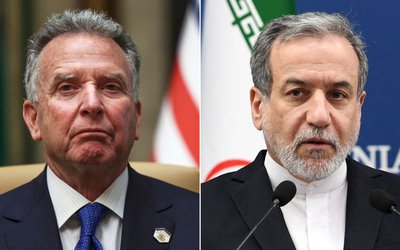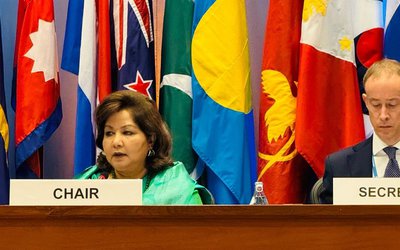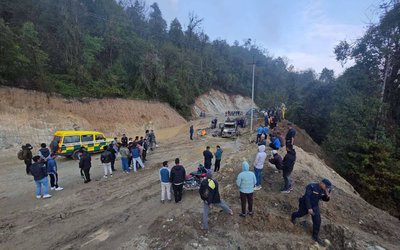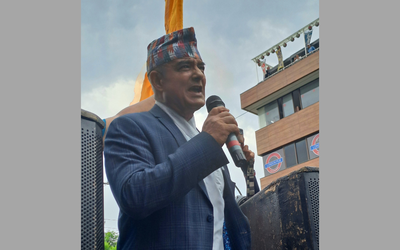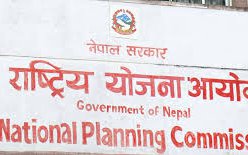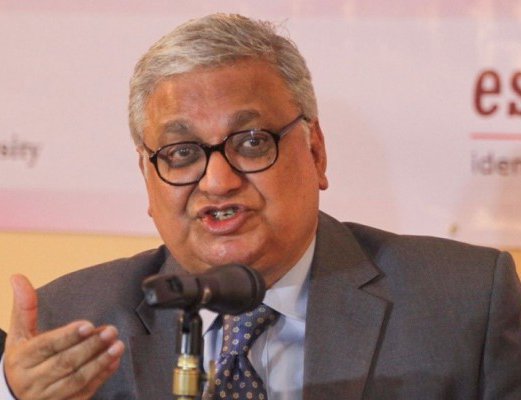
Economic affairs adviser to the Prime Minister Mashiur Rahman said that Nepal, Bhutan, and North East India have huge potential to generate hydro-power. Bangladesh is importing electricity from India and has plans to import more.
He also talked about engagement of Bhutan and Nepal to boost cooperation in the management of shared rivers. “As hydro-power is cheaper and clean, Bangladesh signed agreements with Bhutan and Nepal for investment there. India is also a party but it hasn’t signed the memorandum for implementation of this project,” he lamented.
He also said that India has been denying Bangladesh the right to the water of shared rivers. “The interesting question is that a day before 1947, the lower riparian was part of the British empire and had claim under the same law. But the conclusion passed by India [recently] denied that right to the lower riparian and appropriated an international river as its own river,” said Mashiur at the inaugural session of a two-day international conference on rethinking development in South Asia at Chattogram University.
Social Science Research Institute of the university organised the event in association with the Manusher Jonno Foundation. Scholars, academics, and development practitioners from around a dozen countries attended the event.
He said a 1919 act and a 1935 act recognised the right of the states and provinces in British India to trans-state rivers. A commission was formed during the British rule to solve the water-sharing dispute between Punjab and Sindh. But they could not resolve the dispute in years and the partition of the subcontinent happened.
Mashiur said India has recently abolished the provision for forming separate commission for solving water-sharing issues and set up one commission. India picked provisions of the 1935 act and it provided more rights to the federative states.
“If India accepts the right to water as a universal human right then you have a different perspective in law and politics.”
And if that happens there would be negotiations and renegotiation on how the water would be shared among the states in which the rivers flow, he said.
According to a report published in South Asian Monitor, he said Pakistan and part of Northern India were irrigated by water from Indus basin and most of the canals were in Indian territories. But the two countries had the Indus basin water sharing agreement in 1950 when tensions between the two countries were at the peak.
- India Supported Construction Of Four Schools In Nuwakot
- Mar 19, 2021
- Nepal Denies Permission For Third Phase Trial Of Vaccine Against COVID-19
- Aug 31, 2020
- Messi Can Only Cancel Barcelona Contract If €700 Million Release Clause Is Paid, La Liga Confirms
- Aug 31, 2020
- India To Carry Out Study On Kathmandu-Raksaul Railway
- Aug 28, 2020
- COVID-19: 1,351 Personal Of Nepal Police Infected
- Aug 28, 2020

